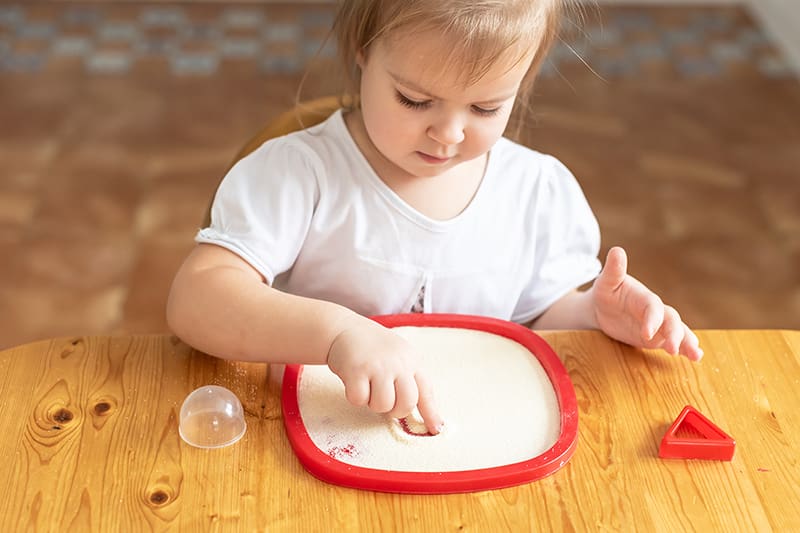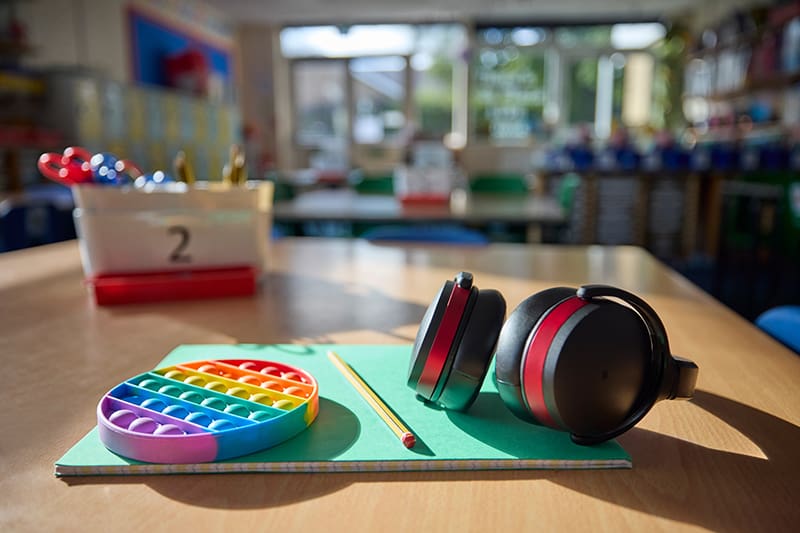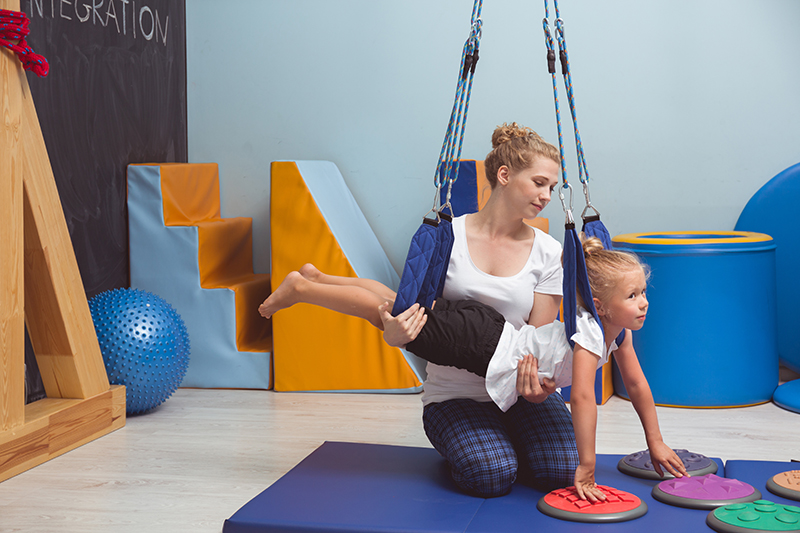Sensory Processing
Understanding Sensory Processing: How the Brain Makes Sense of the World

The Impact of Sensory Processing Skills on Your Child’s Development
Sensory processing skills are essential for a child’s ability to navigate the world, impacting how they interact, learn, and respond to their environment. Strong sensory processing skills help children:
- Regulate Attention and Behavior: By filtering out unnecessary sensory input, children can stay focused, calm, and engaged with the task at hand.
- Improve Motor Coordination and Balance: The body’s vestibular and proprioceptive systems work together to support smooth, controlled movement for both fine and gross motor tasks.
- Enhance Emotional and Social Interactions: With effective sensory processing, children can better regulate their emotions and engage confidently in social activities, building positive relationships with peers.
Mastering sensory processing is key to unlocking a child’s full potential in everyday life.

Recognizing the Signs of Sensory Processing Challenges
Children with sensory processing difficulties may show several noticeable behaviors that affect their daily lives. Common signs include:
- Sensitivity to Sensory Input: Difficulty tolerating loud noises, bright lights, or certain textures like clothing fabrics.
- Avoidance of Sensory Experiences: Resistance to everyday activities like brushing teeth, washing hair, or wearing specific fabrics.
- Seeking Excessive Sensory Input: Constantly moving, spinning, or touching objects in search of extra sensory stimulation.
- Coordination and Balance Issues: Struggles with motor planning, clumsiness, or poor posture due to challenges with balance and body awareness.
Identifying these signs early can help ensure the right support and therapy are provided to improve sensory processing skills.

Boosting Sensory Processing Skills at Chicago Occupational Therapy
At Chicago Occupational Therapy, we empower children to strengthen their sensory processing abilities through personalized, fun, and engaging interventions. Our therapists create a supportive environment where kids can safely explore and regulate sensory input, building the foundation for improved focus and emotional balance. Therapy may include:
- Sensory Integration Activities: Engaging exercises like deep pressure, swinging, and spinning to help children process sensory information more effectively.
- Adaptive Strategies: Practical solutions such as noise-canceling headphones, weighted blankets, or sensory breaks to manage sensitivities.
- Personalized Sensory Plans: Tailored routines of sensory activities integrated into daily life to maintain balance, calmness, and alertness.
Our goal is to help each child gain independence, improve focus, and fully participate in everyday activities, setting them up for long-term success at home, school, and in social settings.

Support Your Child’s Sensory Journey for a Balanced, Confident Life
"*" indicates required fields















